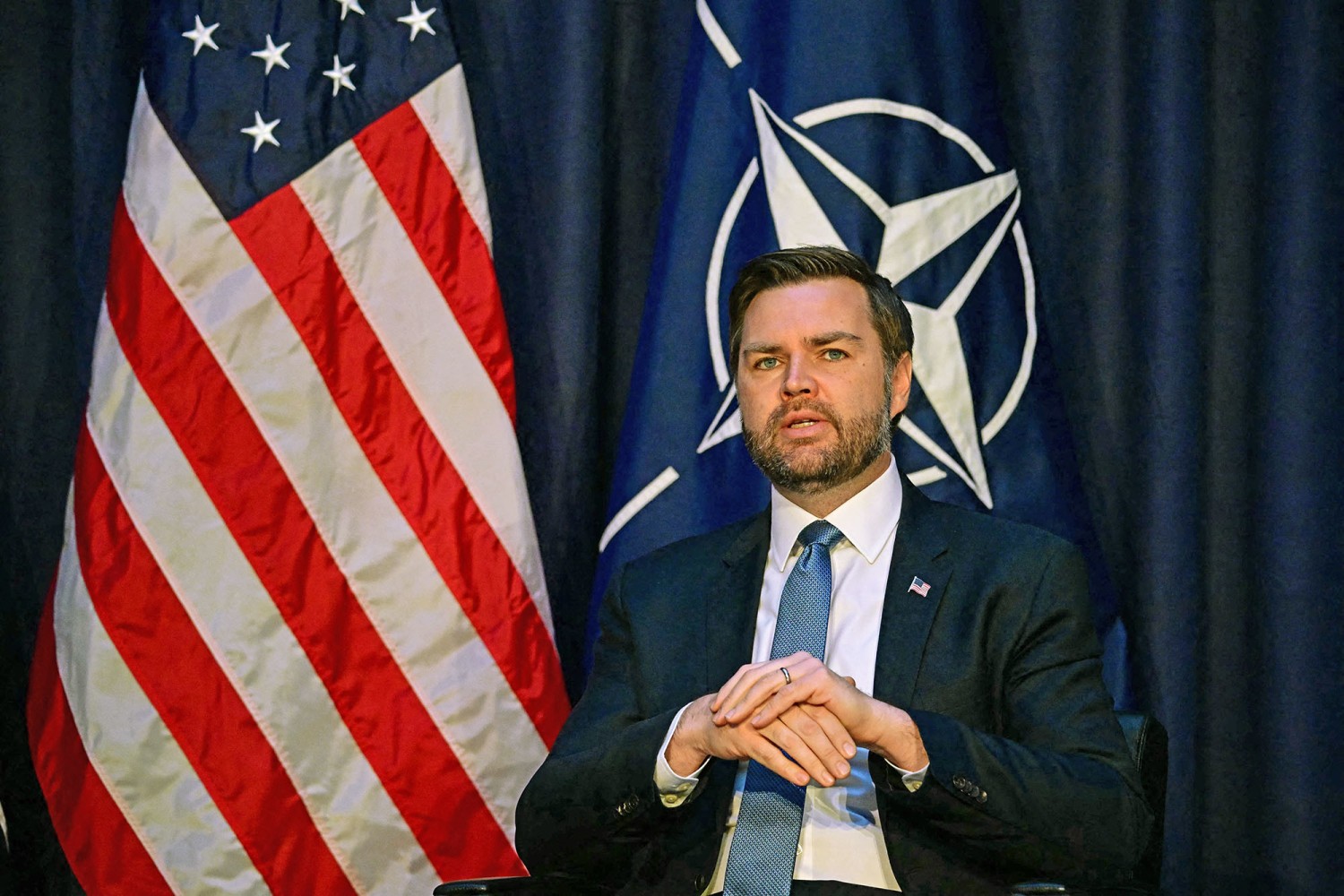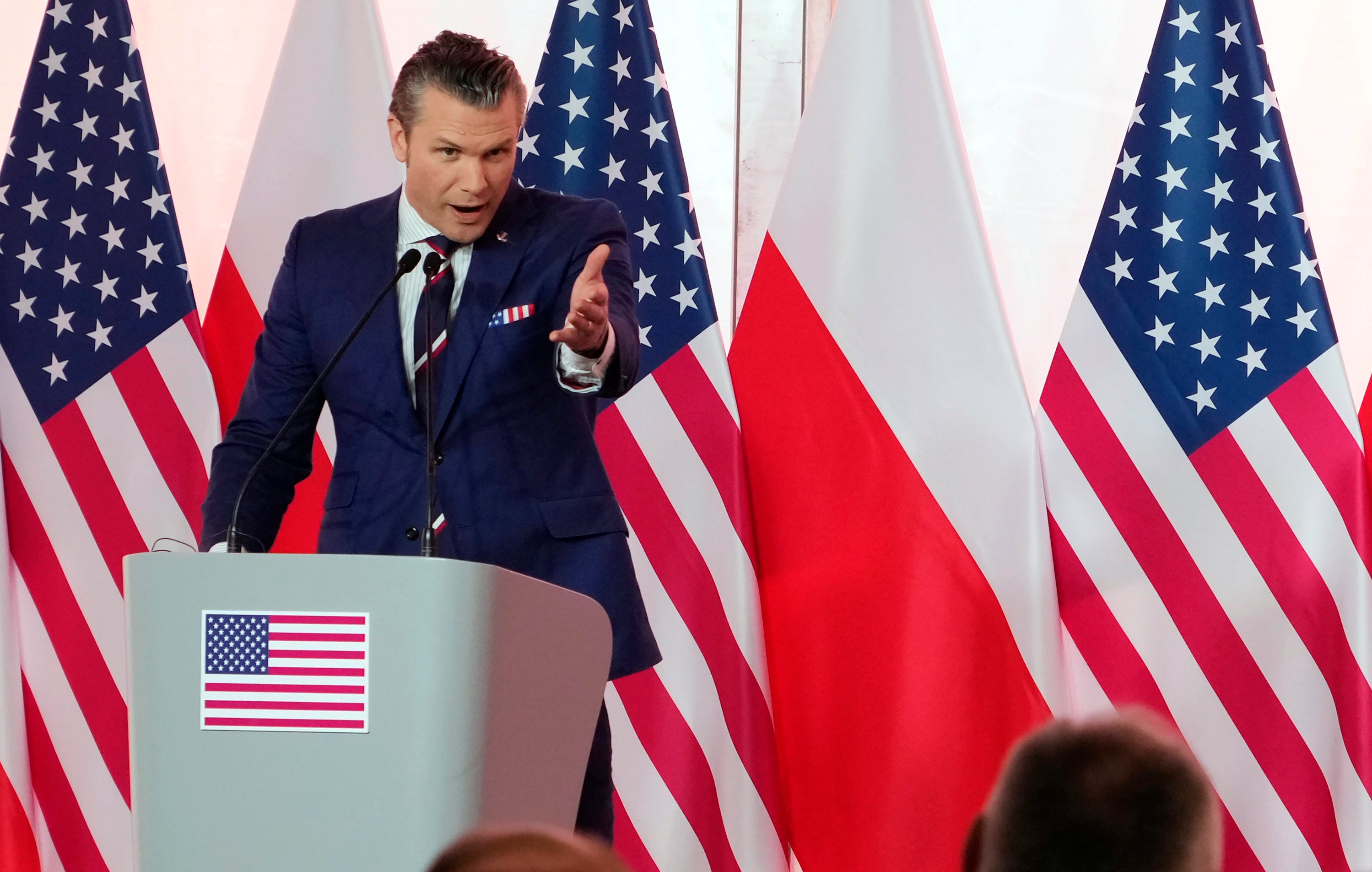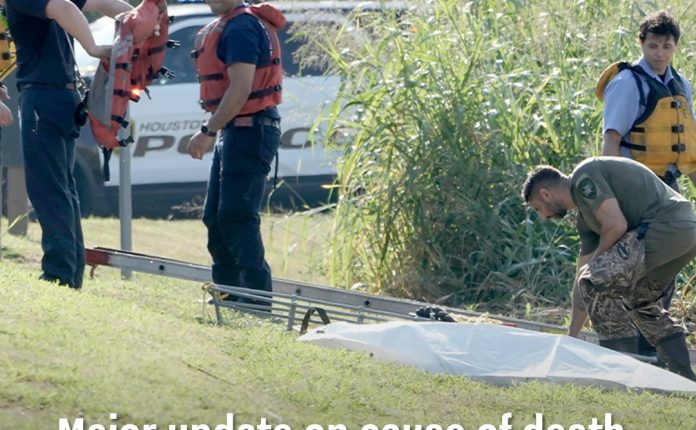European Leaders Scramble as Trump Moves Forward with Russia-Ukraine Peace Talks
European leaders are in disarray following former President Trump’s initial efforts to negotiate an end to Russia’s war in Ukraine. Shocked by their exclusion from early discussions, they are now racing to formulate a response while facing the looming prospect of a U.S. military withdrawal from Europe. Secretary of State Marco Rubio is set to meet with his Russian counterpart in Saudi Arabia, but European officials are struggling to keep up with the fast-moving developments. Trump’s administration has sent conflicting signals about Europe’s role, with Vice President J.D. Vance delivering a stern warning at the Munich Security Conference, criticizing European leaders for their lack of action. On Monday, leaders from eight major European countries convened in an emergency meeting to craft a response after realizing they were caught off guard by Trump’s diplomatic maneuvering. Even Ukrainian President Volodymyr Zelensky admitted he was unaware of the talks until they were publicly announced .“The realization is setting in that Europe must act decisively and independently,” said Sudha David-Wilp, a senior fellow at the German Marshall Fund. European leaders had anticipated pressure from Trump on defense spending but did not expect to be sidelined in negotiations altogether. Some governments are now considering adjusting budgetary rules to increase military expenditures, while others plan to issue statements signaling their commitment to security.

French President Emmanuel Macron led Monday’s emergency meeting, bringing together leaders from Germany, the United Kingdom, Italy, Poland, Spain, the Netherlands, Denmark, and the European Union. In response to Trump’s insistence that Europe take greater responsibility, British Prime Minister Keir Starmer suggested deploying U.K. troops to Ukraine as postwar peacekeepers. Meanwhile, Zelensky urged Europe not to be treated “like a pushover” and demanded that the European Union appoint an official representative for future negotiations. “There must be a European voice at the table,” he said, emphasizing that “talks about Ukraine without Ukraine are meaningless. ”The Trump administration’s stance has intensified European concerns. Defense Secretary Pete Hegseth, speaking at a NATO gathering in Brussels, told European allies to prepare for a future without U.S. troops in the region. His comments alarmed officials, particularly after he appeared to rule out Ukraine’s NATO membership before later stating that all options were still open. Adding to the uncertainty, Trump called Russian President Vladimir Putin to discuss a ceasefire, followed by a separate conversation with Zelensky. These moves have left European leaders scrambling to assert their influence.

Trump’s special envoy for Ukraine, retired Gen. Keith Kellogg, reinforced the perception that Europe is being sidelined. Speaking in Munich, he stated that the U.S. was prioritizing direct negotiations with Russia and Ukraine rather than engaging in a broad multilateral process. The first round of peace talks is scheduled to begin Tuesday in Saudi Arabia, with Rubio, National Security Adviser Mike Waltz, and Special Envoy to the Middle East Steve Witkoff representing the U.S. The State Department confirmed that Russian officials will also be present. Rubio emphasized that the talks would gauge Russia’s seriousness about negotiations and that future discussions would include Ukraine and European representatives. However, many European leaders remain skeptical. “Trump views Putin as a direct counterpart, while European leaders lack the geopolitical influence to assert themselves,” said Jennifer Kavanagh, a senior fellow at Defense Priorities. “That’s partly their own fault. ”Lithuania’s former foreign minister, Gabrielius Landsbergis, expressed deep concern about Europe’s position. Writing on X, he described leaving the Munich conference in a “low mood” over fears that the U.S. would abandon its security commitments to Europe.

NATO relies heavily on American leadership, particularly in supplying military aid to Ukraine. Landsbergis argued that Europe must step up its commitment, warning that failing to do so could leave the continent vulnerable. “If Europe wants a seat at the table, it must prove its relevance,” he wrote. “We need to commit real resources—money, troops, and a European-led strategy for Ukraine. Otherwise, we will be left behind. ”He acknowledged that strengthening Europe’s security framework would require “blood, toil, tears, and sweat,” but argued that failing to act would lead to an even greater crisis in the future. Meanwhile, Franak Viačorka, an adviser to Belarus’s exiled leader Sviatlana Tsikhanouskaya, described the shifting geopolitical landscape as a period of “revision. ”“Alliances, strategies, and values are being reassessed,” he wrote. “This moment could shape a future of freedom or allow authoritarian regimes to prevail. ”Viačorka noted that while European leaders are beginning to recognize the urgency of the situation, their response remains fragmented. The European Union, with its 27 member states, struggles to achieve unity on key security decisions.

Germany and France, traditionally the bloc’s key decision-makers, remain constrained by domestic politics. Germany’s upcoming elections on February 23 have further stalled efforts to develop a coordinated security response. “There is a leadership vacuum right now,” said David-Wilp. “Ukraine is the immediate crisis, but the bigger issue is how Europe will define its security strategy moving forward .”As the U.S. signals a shift in its global focus toward China, European nations must confront the reality that they can no longer rely on American military support. Kavanagh argued that Europe has been slow to adapt to this new paradigm, clinging to the assumption that the U.S. would continue to lead NATO’s defense strategy.

“Trump pushed Europe to spend more on defense in his first term, but many leaders assumed they could still rely on American leadership,” she said. “That’s no longer the case. They need to prepare for a future where the U.S. is not there to back them up.”The uncertainty surrounding Trump’s approach to European security is forcing leaders to act swiftly. As negotiations with Russia begin, Europe faces a critical decision: wait for the U.S. to dictate terms or take the initiative in shaping its own security future.



